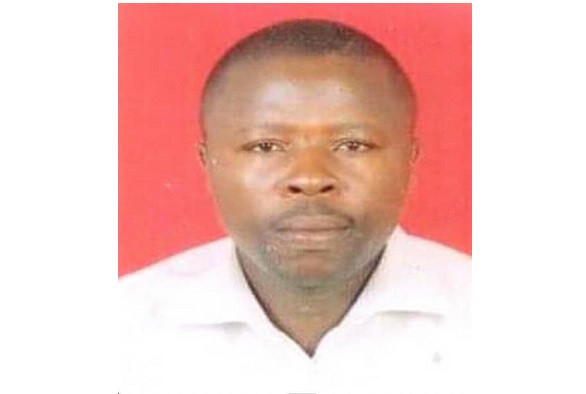Uganda is a country has about 65 indigenous communities as per the 1995 constitution with constitutional latitude to elect cultural leaders in their communities. If this constitutional provision is fully activated by every community then mathematically the government will be paying over five billion shillings annually to cultural leaders in salaries alone since on average, a cultural leader is paid about shs 7 million per month. The stipend is exclusive of basic pay like tuition for their immediate family members specifically two biological children and an air ticket under first-class status and allowances for bodyguards, plus a brand new car for the leader.
Whereas the idea of having cultural leaders in communities is good as was envisaged by the constitution, in other communities the outcome is far much different than originally intended, in Bugisu, for example, the idea of cultural leader has created deep divisions among various factions to the extent that even those who were elected as cultural leaders have been labelled variously as either Bagwere or Sabinys with no convincing evidence to substantiate on the label that may be so because the Inzu Yamasaaba constitution introduced the formula of identifying Umukhuka (cultural leader) through elections contrary to the spirit in the Cultural Leaders Act 2011. Across Bugwere friction is still on with two serious claimants to the throne, in Busoga, the storm has settled for now as the palace is managed very well.
Communities that have activated the constitutional provision under Art 246, are Bagisu, Bagwere, Acholis, Basamai, Banyala, and the Kooki of Masaka, Itesots, the Baganda, Basoga and Batoro among others, while the Babukusu of Bududa failed in their bid since the nexus between Bagisu and Babukusu was unsettled and local governments were unwilling to support that leadership.
Basebeyi had also experienced reasonable frustration within themselves and their preferred leader for their institution passed on around 2021 without fulfilling his dream, other communities that may pick a cue from the above are the Barundi, Reli, Bahehe, Napore Kuku, the so among others and not to skip the Batwa Sourth-western Uganda. Batwa people are not normally taken up by the bandwagon effect they always mind their own business,so they are more busy in fruit gathering than cultural leadership
Cultural leaders can exist in any part of Uganda in accordance with the customs, culture and traditions of the people to whom they aspire to represent, qualifications of any claimant to the cultural leadership are now both cultural and statutory as buttressed by the cultural leaders’ Act 2011, one should have been a resident by either birth or descent. This has raised challenges including Buganda where many suspicious questions were raised on Kabaka Mutebi the second in the mid-90s.
The criterion among the Bagisu for cultural leadership are formal qualifications one should be above 55 years of age and with a decent home, this clause on age is quite segregative and will be given a more position after the cultural leader is gazetted.
The lex lata on cultural institutions specifically section 9 of CLA 2011 outlines the roles of a cultural leader as a promoter of cultural values and norms including the preservation of those practices, one is mandated to promote the development and enrichment of all people in the community where he or she lives, other roles like encouraging communities to participate in parish development model, family planning tips among others can also be imagined, in Buganda the Nabagereka has done wonderfully through her Bisakate where young girls are given tips on a number critical areas in life
Common challenges in some communities activating Art 246 has been majorly a defined territory of the said communities, a case in point is bugisu which has the Bagisu, Babukusu and the Bashana, the Babukusu and the Shana of Sironko do not have a defined territory.
Towards the labour day celebrations, I had a detailed discussion on wrangles in Bugisu Cultural Leadership with Gender Minister Betty Among who had promised to camp in Masaabaland and address the cultural wrangles by going into clan formations, an idea I dissuaded her from perusing as the idea in the CLA 2011 on how to identify a cultural leader is much simpler and the ministry should not complicate things I advised that explains why she may not have come as she had promised
Steven Masiga is a researcher on culture, law and politics based in Mbale
Do you have a story or an opinion to share? Email us on: dailyexpressug@gmail.com Or follow the Daily Express on X Platform or WhatsApp for the latest updates.

